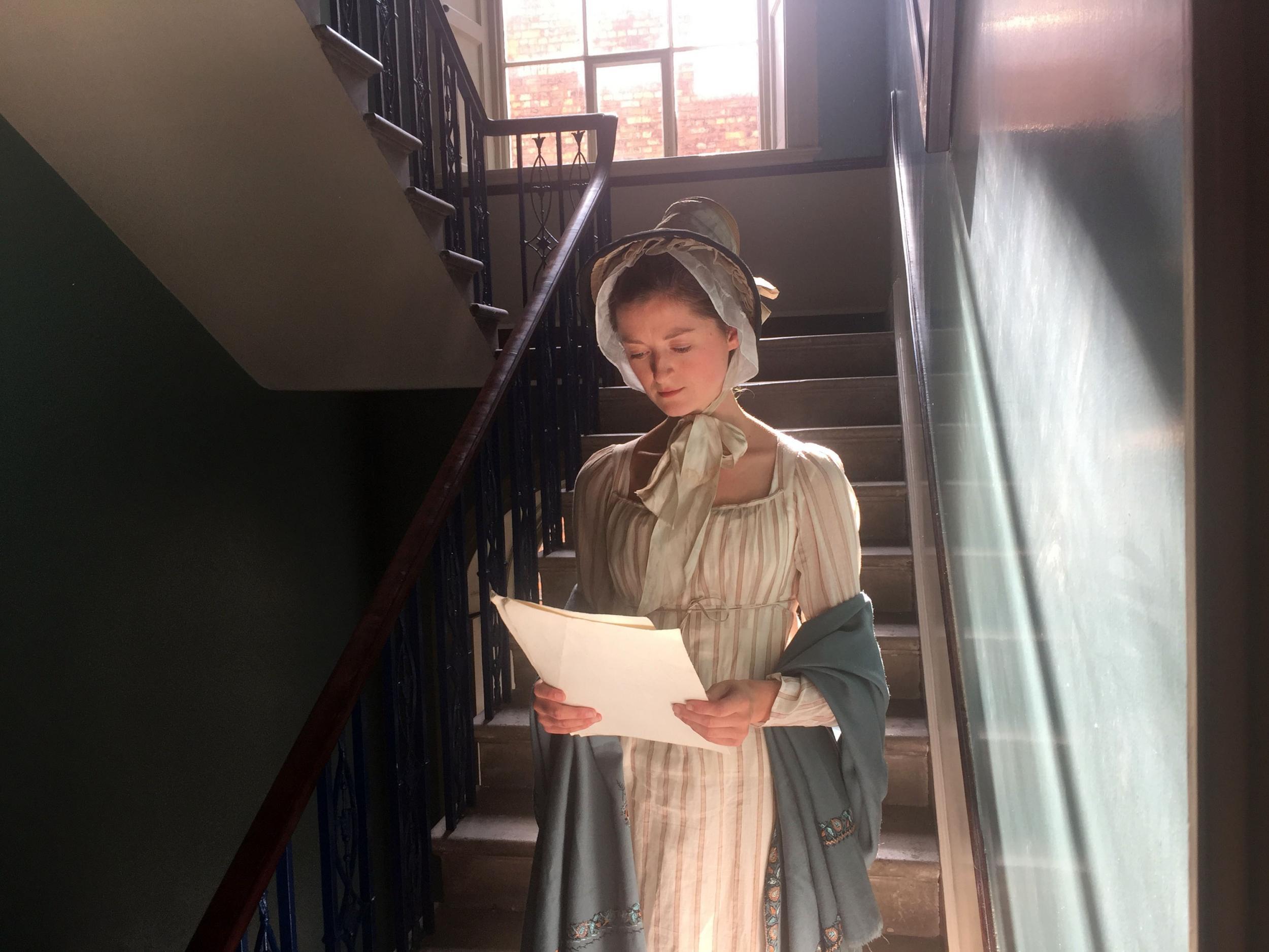The Top 10: Anonymous Books
From The Iliad to Primary Colors, great works of imagination whose authorship is or was unknown


Peter Warner started this list with Gulliver’s Travels – although I chose Robinson Crusoe instead because it was the first of that kind – and Primary Colors. I excluded the Torah and the Bible, because I didn’t want to get into theological disputes, but here are the rest, in chronological order.
1. The Iliad and The Odyssey, 8th century BC. “The Homeric question must be one of the longest literary controversies: ‘Homer’ is similar to Greek for hostage,” said Graham Kirby, prompting various theories about whether they have a single author.
2. Robinson Crusoe, 1719. Originally published as The Life and Strange Surprizing Adventures of Robinson Crusoe, Of York, Mariner. The “first novel”, written by Daniel Defoe. Same kind of idea as Gulliver’s Travels, 1726, which purported to be by Lemuel Gulliver.
3. The Art of Cookery Made Plain and Easy, 1747. Written by Hannah Glasse, but her name wasn’t on the cover. “A bestseller for over a century,” said Robert Boston.
4. The Federalist Papers, 1787-88. Written by Alexander Hamilton, James Madison and John Jay under the pseudonym Publius, to argue for the adoption of the US Constitution. I ruled that a book was eligible if a pseudonym was regarded at the time as concealing the identity of the author. Nominated by John Oxley.
5. Sense and Sensibility, 1811. Was originally published “by a lady”. Jane Austen’s second novel, Pride and Prejudice, 1813, was “by the Author of Sense and Sensibility”. It wasn’t until Northanger Abbey, published in 1817, after her death, that she was identified. Thanks to Rob Jackson.
6. Waverley, 1814. Walter Scott’s novels were published anonymously, possibly because he thought it would undermine his reputation as a poet to be known as the writer of novels. “The author was talked of as ‘the Great Unknown’,” said Nicci French.
7. Frankenstein, 1818. Was originally by “Anonymous”. Mary Shelley was identified as the author of the second edition in 1823. Nominated by Emmabella Murray, Ian Moss, Graham Kirby and Mark Hobbs.
8. Either/Or and Fear and Trembling, 1843. Many of Soren Kierkegaard’s great books were published under pseudonyms – “and created sensations”, said Nicholas Beale.
9. Guilty Men, 1940. Furious denunciation of the 12 politicians responsible for appeasement, published under the name Cato. Its authors were Michael Foot, Frank Owen, a former Liberal MP, and Peter Howard, a Conservative. Nominated by John Lettice and Tom.
10. Primary Colors, 1996. A novel based on Bill Clinton’s 1992 primary campaign. Joe Klein, the columnist, admitted he was the author six months after publication, after repeated denials. Thanks to Peter Warner.
An honourable mention for Graham Kirby, who nominated Diary of an Oxygen Thief, 2006, a novel of self-loathing, the authorship of which I think is still unknown, and The Autobiography of an Ex-Coloured Man, 1912, of which Weldon Johnson revealed himself as the author 15 years after publication.
In the “there is always one” category, Neil Munro nominated BS EN 1993:2006 – Eurocode 3. Design of steel structures, 1993.
Next week: Songs that mention other songs, such as “Thunder Road”, in which Bruce Springsteen listens to Roy Orbison singing “Only The Lonely”.
Coming soon: Consequential ministers who never made it to one of the great offices of state, defined as prime minister, deputy prime minister, first secretary, chancellor, foreign secretary or home secretary.
Your suggestions please, and ideas for future Top 10s, to me on Twitter, or by email to top10@independent.co.uk
Join our commenting forum
Join thought-provoking conversations, follow other Independent readers and see their replies
Comments
Bookmark popover
Removed from bookmarks